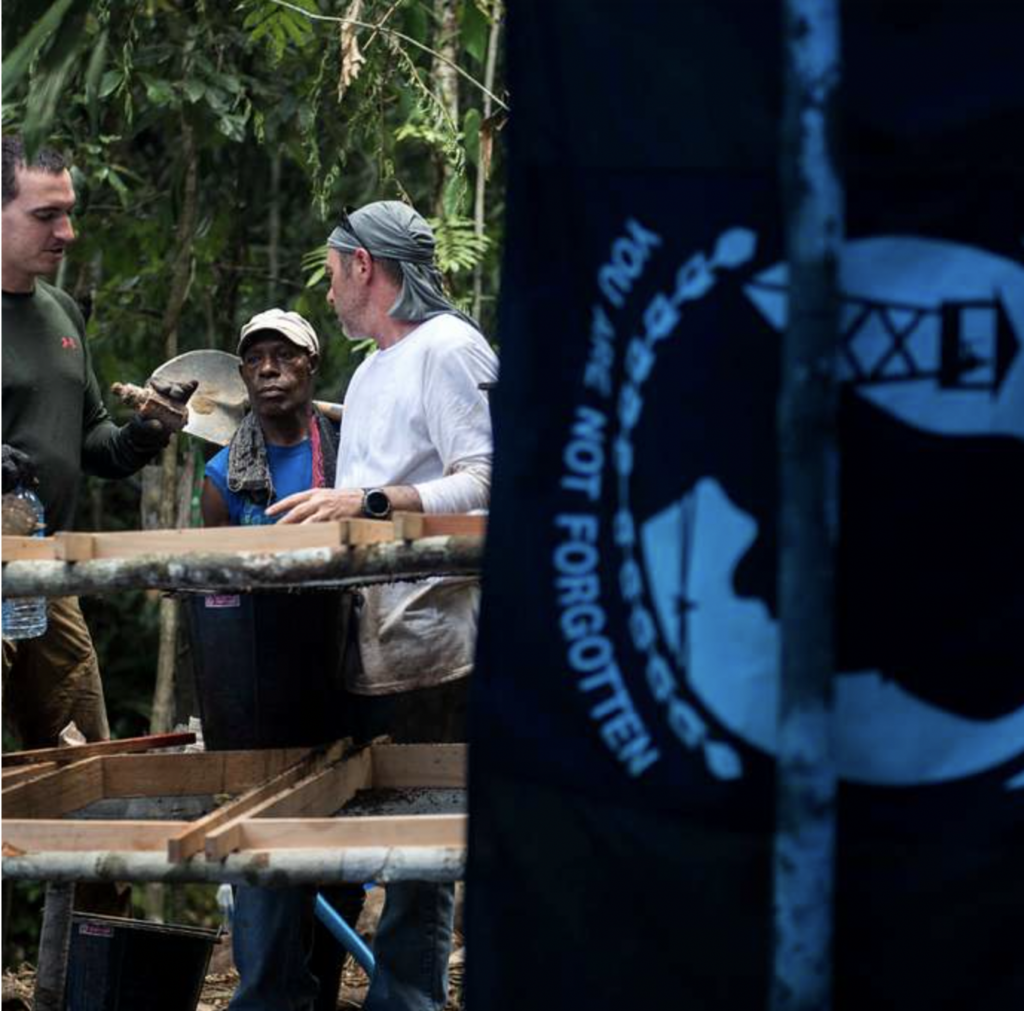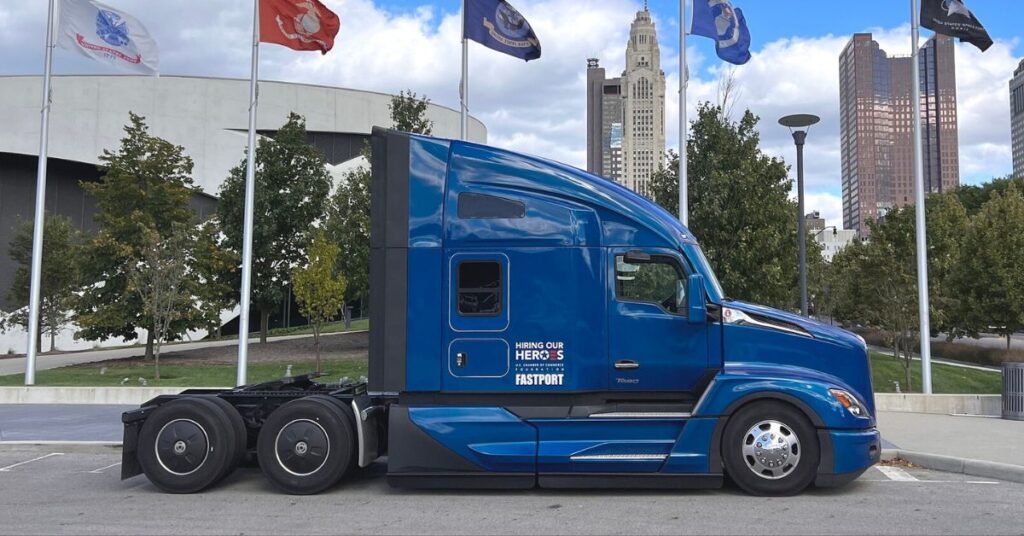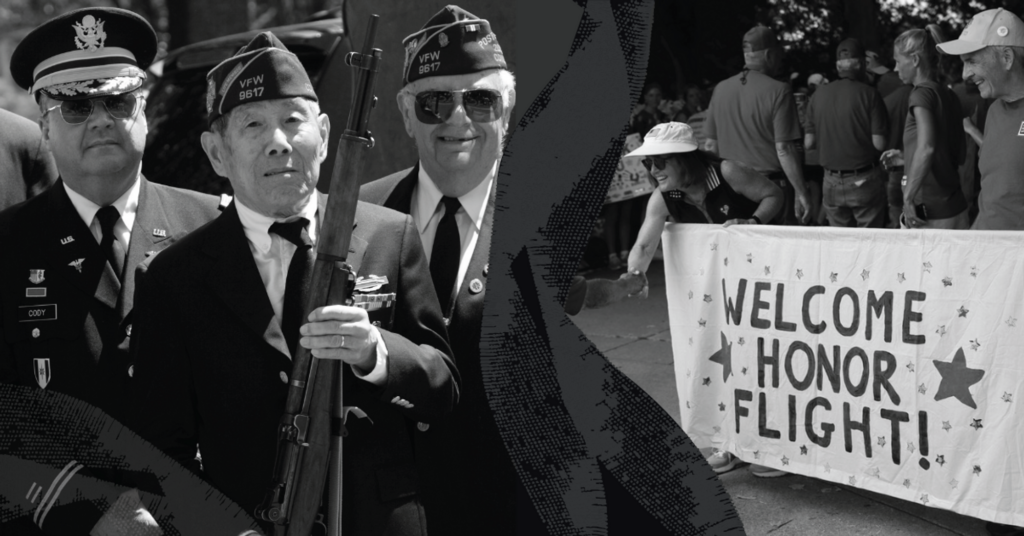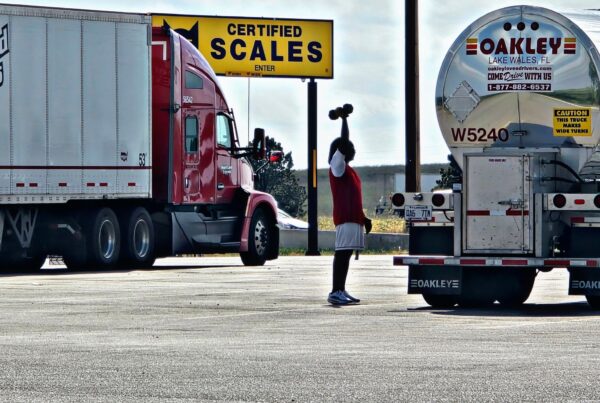Veterans face unique hurdles when transitioning from a military career to the civilian workforce. Fortunately, the trucking industry has emerged as a strong career path for many veterans. A study conducted by CDLLife, based on 4,747 hired drivers over a 5-year period, revealed that veteran drivers had an exceptionally high retention and performance rate compared to non-veteran drivers.
In fact, after 2 years, veteran drivers were 60% more likely to be retained than their non-veteran counterparts. This finding indicates that the trucking industry provides a natural fit for veterans, allowing them to leverage their skills, discipline, and work ethic. But there are still challenges to overcome in keeping vets behind the wheel:
Culture Shock
Some of the biggest challenges they encounter include understanding the differences in employee expectations between the military and civilian environments and translating their skills and qualifications in a way that resonates with employers during the hiring process, and grasping how their skill sets correlate with civilian careers.
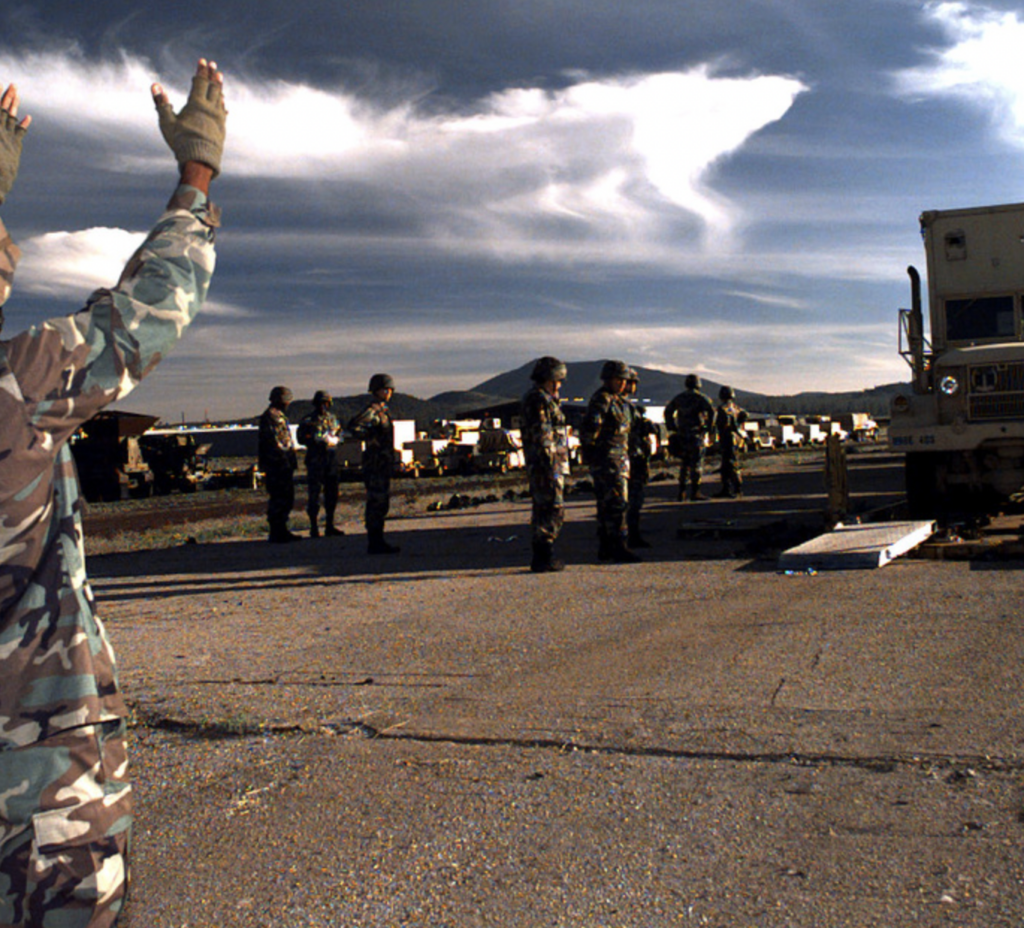
Getting Ahead of the Ball
One of the notable aspects about veterans seeking employment is their proactive approach. Many veterans start looking for work as early as 18 months before their military service ends. This demonstrates their commitment and determination to find suitable employment after leaving the military.
They Need to Feel Like their Next Move is a “Safe” Option
During this transition, veterans often prefer “safe” options that offer an easier transition into civilian life. They seek job opportunities that align with their skills and provide stability. This preference arises from the need to smoothly integrate into a new environment and overcome the challenges of transitioning to civilian life.
They Might Need a Break
It’s important to acknowledge that veterans sometimes require a break before diving into a new career. After serving in demanding and high-stress military roles, some veterans need time to decompress and recharge. This period allows them to adjust mentally and emotionally, ensuring they are ready to take on new challenges in the civilian workforce.
Addressing the challenges faced by veterans in the hiring process requires a deeper understanding of their unique needs.
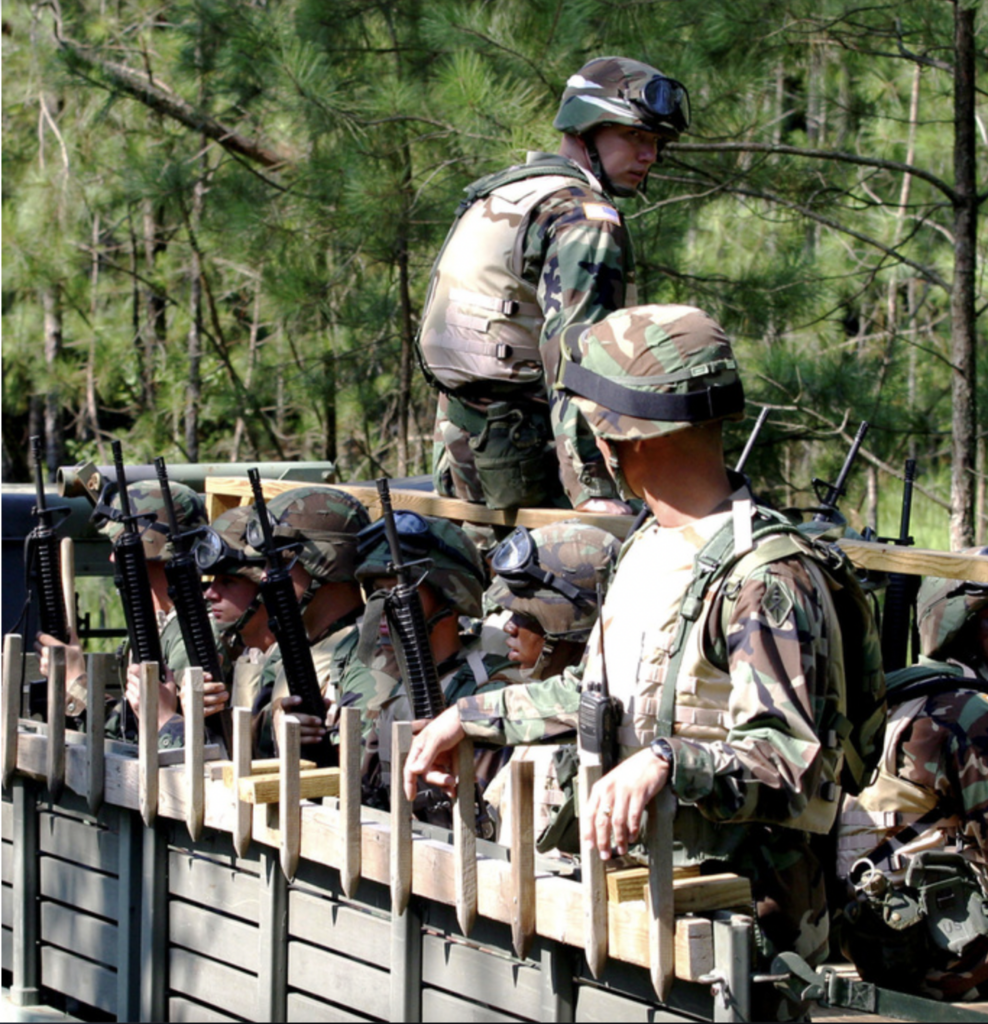
By recognizing the disparities between military and civilian expectations, facilitating the translation of their skills, and providing suitable career options such as the trucking industry, we can better support veterans in their transition to civilian employment and capitalize on their exceptional retention and performance rates.
Cut to the Chase: Veteran Hurdles to Getting Into Trucking
- Understanding how civilian employee expectations are different from a military environment,
- translating skills and qualifications during the hiring process,
- understanding how skill sets correlate between military and civilian careers.
- Veterans Start Looking for Work 18 Months Out
- They Want “Safe” Options for an easier transition
- They Sometimes “Need a Break”
By being strategic about these hurdles to getting veterans into the trucking industry, recruiters can ensure their fleet is represented by the heroes who served our country in uniform and now work to serve over the road.



